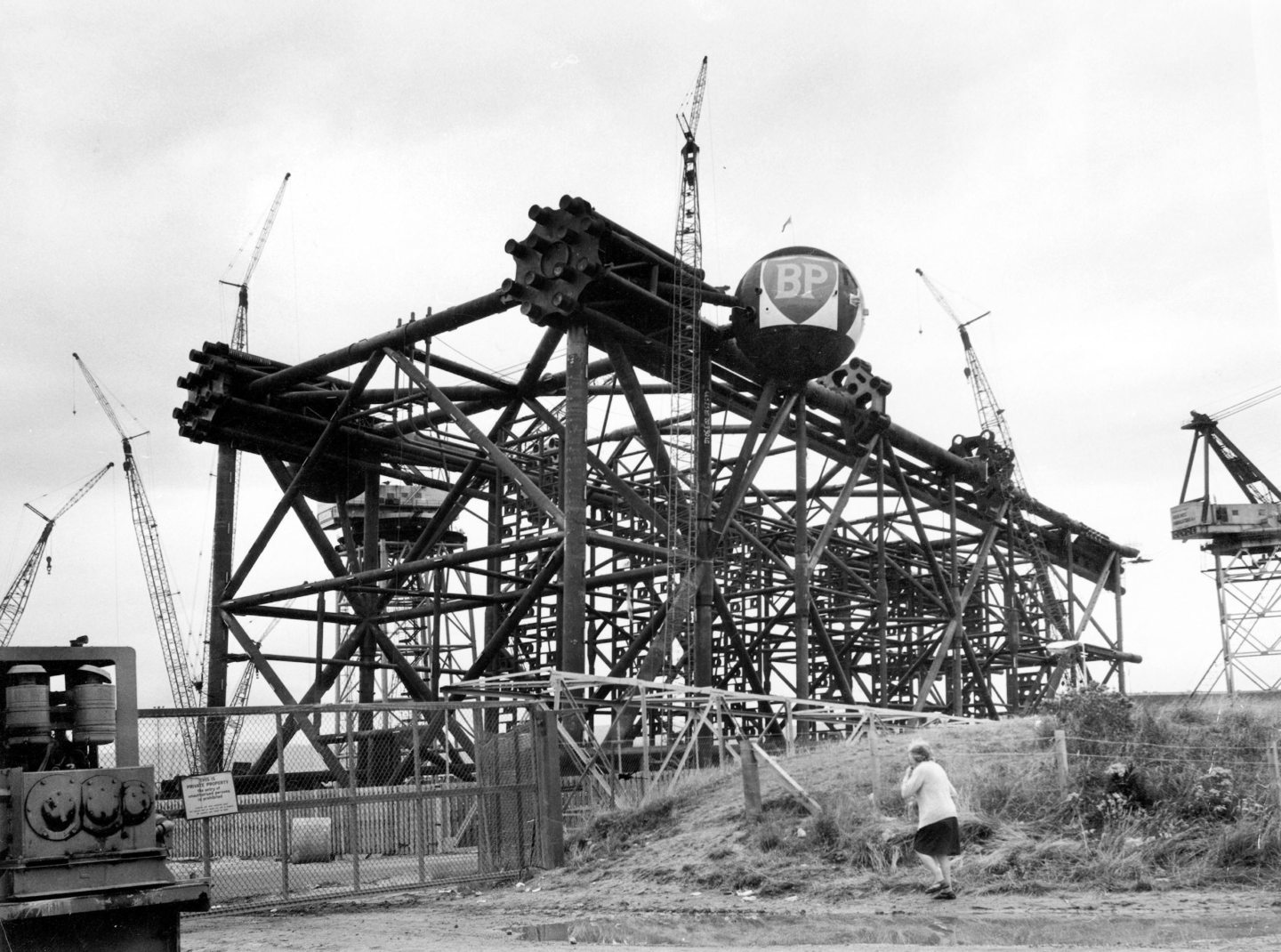
For the last fifty years, the North Sea energy industry has been synonymous with endeavour, innovation, and achievement.
As the Offshore Europe conference launches in Aberdeen this week, the opportunity lies in how to use those qualities to deliver an exciting and prosperous future for the north-east and Scotland’s energy industry.
The north-east’s record is a strong one. Ever since the emergence of the Forties Field in 1970, the industry has been at the cutting edge of technology and development. Many countries across Europe benefited from this new era, but perhaps none more so than Scotland and, particularly, the city of Aberdeen. As the enormous potential of the North Sea became apparent, the Granite City firmly established itself as Europe’s energy capital and one of the centres for energy excellence around the world.
It’s important to note, innovation and engineering is something that Aberdeen did well before oil and gas. The pioneering medical physicist John Mallard, born and educated in Aberdeen, along with his team developed the first whole-body MRI scanner which Aberdeen clinicians were then able to use to carry out the world’s first body scan of a patient from Fraserburgh in the 1970’s. The UK’s first iron lung was designed in 1933 by Robert Henderson, an Aberdeen doctor. As a region, we also bred renowned individuals including Dame Maria Matilda Gordon (born in 1864) who has been called the most productive female field geologist of her era.
The story of the North Sea is, of course, one focused on natural resources, but it is also a story that has been driven by people. No family in the north east of Scotland was left untouched by the energy revolution in the North Sea. Much of this was positive, with the emergence of high-skill, high-wage jobs supporting substantial regional growth and wider economic opportunities far beyond the energy sector itself. But some of it was also tragic, with accidents such as the Piper Alpha Disaster, highlighting the risks and dangers always facing these industrial pioneers.
The challenge facing the industry is different from that of 1970’s, even if the virtues it required then – endeavour, innovation, and achievement – absolutely remain. Climate change, the most significant threat facing our planet, has forced the industry to change and refocus. Whilst there is still a role for oil and gas in the near term, the emphasis is now on how we can seize the new dawn offered by renewables and the green revolution.
This week’s Offshore Europe conference will be particularly useful in bringing together energy, net zero and supply-chain partners, as well as academic experts to help turn the vision of a net zero future into reality, and quickly.
The Net Zero Technology Centre is embracing the conference’s focus on how we ensure a secure, uninterrupted, and affordable energy supply and look forward to seeing the many solutions that will help enable and accelerate the energy transition. Our sweet spot is developing and deploying innovative technology and we’ll be showing the impact we’ve made on optimisation, decarbonisation, and evolving the energy systems of the future, through the 20-plus technologies we’re showcasing, 13 tech talks, and seven on-stand panel sessions.
If, as an industry, we meet the challenge of climate change today in the same spirit as we met the discovery of the Forties Field in 1970, we will not only secure the future of north-east energy industry for the next fifty years but ensure Aberdeen and Scotland remain at the heart of Europe’s energy industry for way beyond that.
Recommended for you

 © ANL/Shutterstock
© ANL/Shutterstock © Supplied by AJL
© Supplied by AJL © Supplied by Wullie Marr / DC Th
© Supplied by Wullie Marr / DC Th